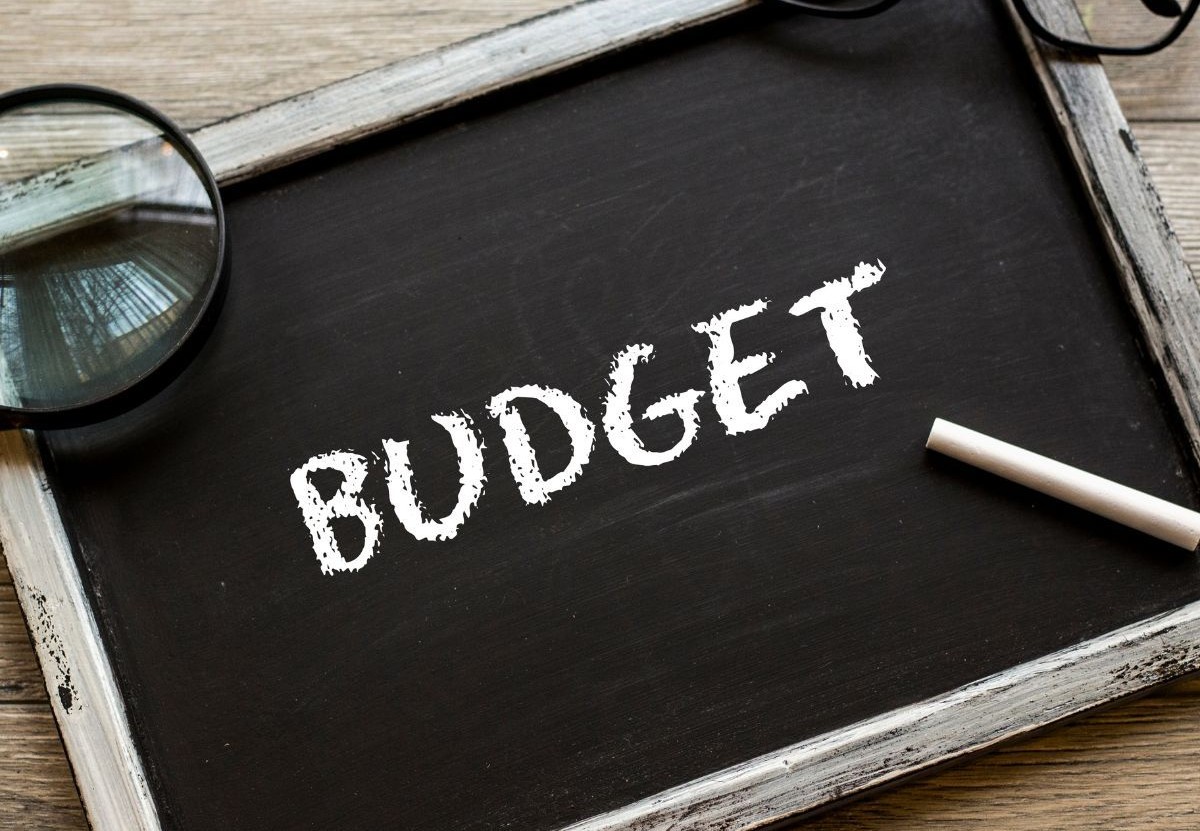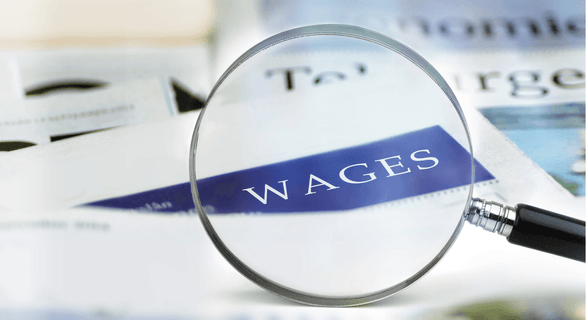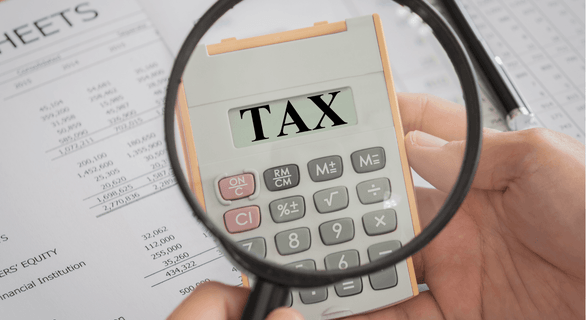
September 24, 2024
Budget Day: 2025 changes in Dutch Tax

In the Netherlands, Prinsjesdag—or Budget Day—is a key event for businesses, as it outlines the government's tax and financial plans for the coming year. Held every third Tuesday of September (this year on 17th of September), the government presented its budget, highlighting changes to corporate taxes, VAT, wage and income taxes and other policies that affect the business environment. The Miljoenennota (Budget Memorandum) provides details on investments in infrastructure, innovation incentives, and regulatory changes. For businesses, Budget Day is essential for understanding how tax reforms and financial policies will impact costs, profits, and overall market conditions, allowing them to plan for the year ahead. Below we have outlined the changes in VAT, corporate taxes and income taxes.
VAT
In the recently published Tax Plan 2025, the Dutch government announced the increase of the reduced VAT rate (9%) to the standard rate (21%) from January 1st, 2026 on certain categories under art, culture, media, sports and short-term accommodations and the introduction of VAT review period for services related to immovable properties.
Art and culture
Import and supply of art objects, collectors' items and antiques, as well as tickets to access public museums and collections, concerts, music festivals, theatre performances, dance performances, musicals and cabaret performances will fall under the 21% VAT rate. The reduced rate will, however, continue to apply to granting access to amusement parks, playgrounds and ornamental gardens, and other facilities designed for entertainment and daytime recreation. The reduced rate also continues to apply to tickets for circuses, zoos and cinemas.
Media
The 21% VAT rate will be applicable on the supply and lending of paper-based and digital books (including e-books, photo books, comic books, colouring books, workbooks of at least 32 pages, educational materials) as well as daily newspapers and periodic magazines.
Sports
VAT on access to sport competitions as well as practicing sports at commercial providers, such as a gym or skating rink will also increase to 21%. This includes sport clubs as well, however, VAT exemption for non-profit sports organizations remains unimpacted.
Short-term accommodations
Provision of short-term accommodations, including hotel stays, holiday parks, guest houses, B&Bs as well as rentals of mobile homes and accommodations via platforms will be subject to 21% VAT. An exception is made for camping sites, that remain under 9% VAT.
The VAT rate at the time of the performance or stay applies. For example: if a theatre performance or hotel booking is paid in advance in 2025, but the event or stay takes place in 2026, 21% VAT is due.
Services to immovable property
From January 1st 2026 the VAT on certain services, such as renovation, maintenance and investments on buildings, can also be reassessed ('revised') in the event that the use of the immovable property changes. The review period that the cabinet has opted for is (effectively) five financial years per service instead of the (effective) ten financial years that apply to the supply of immovable property. To prevent many small investment services from also falling under the measure, the government has introduced a threshold amount of €30,000.
Corporate Income Taxes
In 2025, the corporate tax rates in the Netherlands will remain the same as in 2024. The first tax bracket, which applies to profits up to €200,000, will be taxed at 19%, while profits exceeding this amount will be taxed at 25.8%. This means no changes in corporate tax rates have been proposed for the upcoming year, making it consistent with the current rates.
End of accelerated depreciation
The one-time opportunity for companies to accelerate depreciation on investments made in 2023 will expire in 2025. This will increase tax revenues in 2025, as companies have benefited from this in 2024.
Concurrence of loss offsetting and profit waiver exemption
It is proposed that if there are more than €1 million in carried forward losses, the waiver profit will be exempt from taxation in its entirety. This avoids the 50% limit for loss offsetting, because herein is stated that profits above €1 million would only be available for loss offsetting for 50%.
Concurrence of subjective tests in corporate income tax and Pilar 2
With regard to certain subjective tests that were included due to divergent anti-abuse provisions, it is clarified that a qualifying Pillar 2 surcharge is considered a tax levied on profits. Hereby, the new Pillar 2 surcharge will affect the determination of whether a taxpayer pays sufficient tax. This is part of international agreements to combat tax avoidance by multinationals.
Implementation of General Anti-Abuse Rule (GAAR)
The GAAR from the ATAD1 directive is implemented in corporate income tax by a new article (article 29i CIT) that targets artificial constructions with the aim of obtaining tax advantages. The doctrine of fraus legis remains unchanged.
Object exemption with regard to permanent establishments not taken into account
The object exemption for foreign business profits is being adjusted. From 2025, the object exemption will be applied if the profit of a foreign permanent establishment is subject to a tax levied on the profit in another country, in order to prevent double taxation.
Abolition of the gift deduction
As of 2025, companies will no longer be able to deduct donations from corporate income tax. This applies to donations to charities (such as ANBIs ) that are made at the request of a shareholder with a substantial interest. These donations will from then on be treated as dividend distributions, to which both income tax (box 2) and dividend tax apply. However, business expenses for sponsoring, advertising and corporate social responsibility will remain deductible.
Adjustments to the liquidation loss scheme
The liquidation loss scheme is being amended to better take into account write-downs of claims and decreases in value, in order to prevent the conversion of non-deductible losses into deductible losses.
Revision of tax qualification policy for legal forms
From 2025, the qualification policy for (foreign) legal forms will be adjusted. The open limited partnership (cv) will cease to be an independent taxpayer and will become fiscally transparent. This will have consequences for corporate income tax and transitional arrangements will be made to prevent final settlements.
Aftercare of the Tax Qualification Policy Act on Legal Forms
Changes are being made to the interest deduction limitation against profit drainage for limited partnerships and foreign entities.
Limited partnerships that qualify as fiscally transparent as of 1 January 2025 will nevertheless be treated as non-transparent for the interest deduction limitation.
Policy change on deduction limitation for mixed costs
The deduction limitation for mixed costs in corporate income tax is being adjusted, with the salary on which payroll tax is withheld being taken as the basis.
Personal Income Taxes
Tax Brackets
Starting in 2025, an adjustment will be made to the Dutch income tax brackets (box 1). Currently, the combined tax rate of the first bracket matches that of the second bracket. In 2025, the tax rate in the first bracket will be lowered, while the rate in the second bracket will slightly increase. The aim of this change is to boost the purchasing power of individuals in the lower and middle-income segments. Please refer to the comparison below:
|
2025 |
||
|
Bracket |
Taxable income |
Tax tariff |
|
1 |
0 > 38.441 |
8,17%* |
|
2 |
38.441 > 76.817 |
37,48% |
|
3 |
76.817 > - |
49,50% |
|
2024 |
||
|
Bracket |
Taxable income |
Tax tariff |
|
1 |
0 > 38.098 |
9,32%** |
|
2 |
38.098 > 75.518 |
36,97% |
|
3 |
75.518 > - |
49,50% |
*: excluding national insurance premiums (“NI”). Including NI premiums: 2025 > 35,82%
**: excluding national insurance premiums (“NI”). Including NI premiums: 2024 > 36,97%
Tax Credits (General and Labor Tax Credit)
To further improve incomes in the lower and middle segments, adjustments will be made to the general and labor tax credits. The general tax credit will be reduced (from €3,362 to €3,068 per year) as it negatively impacts social benefits. The labor tax credit will be slightly increased (from €5,532 to €5,599 per year) to encourage employment.
30% ruling
Last year, the House of Representatives approved an amendment to gradually reduce the 30% ruling benefit (per 20-month period, the maximum tax-free benefit would be gradually lowered from 30% to 20%, and eventually to 10%). However, this amendment has been revoked under a new plan. Starting January 1, 2027, the 30% ruling will be adjusted to a maximum benefit of 27%, though the maximum duration of the statement would still remain five years.
For employees who benefitted from the 30% ruling before 2024, this revision will not apply, and they will, in principle, retain the full 30% benefit for the entirety of their granted 30% ruling statement. Employees who have received their 30% ruling statement after December 31, 2023, will undergo a transition period. They can continue to receive the 30% benefit until December 31, 2026, whereas, from 2027 onwards, the 27% rate will apply for the remainder of their ruling period.
The salary thresholds for the ruling will increase in 2025 and are outlined below:
|
Threshold |
||
|
Year |
Regular |
Lowered* |
|
2025 |
50.436 |
38.338 |
|
2024 |
46.107 |
35.048 |
* : threshold for employees under 30 with a master’s degree.
The partial non-tax residency status was not addressed on Budget Day, and the previously confirmed changes remain in effect. Which means that this option will not be applicable.
Box 2 (substantial shareholder ship)
A decrease in the second bracket for box 2 is implemented starting in 2025. Please refer to the adjustment below:
|
2025 |
||
|
Bracket |
Taxable income |
Tax tariff |
|
1 |
0 > 67.000 |
24,50% |
|
2 |
67.000 > - |
31,00% |
|
2024 |
||
|
Bracket |
Taxable income |
Tax tariff |
|
1 |
0 > 67.000 |
24,50%** |
|
2 |
67.000 > - |
33,00% |
Entrepreneurs
Small and medium-sized entities (“SMEs” ) profit exemption
The profit exemption for SMEs is being decreased. In 2025 the profit exemption will be lowered to 12,70%.
Self-Employed Deduction
Another decrease will take place for the self-employed deduction, which will continue for the upcoming years. In 2025 it will be lowered to €2.470.
Should you require further clarity on how these updates may affect your business, our team is available to offer support. We can assist with navigating the complexities of tax reforms, identifying relevant opportunities, and ensuring your business is well-positioned for the changes ahead. Whether it’s refining your tax strategy, ensuring compliance, or making the most of available incentives, we are ready to provide tailored guidance. Please feel free to contact us for advice on these developments.





